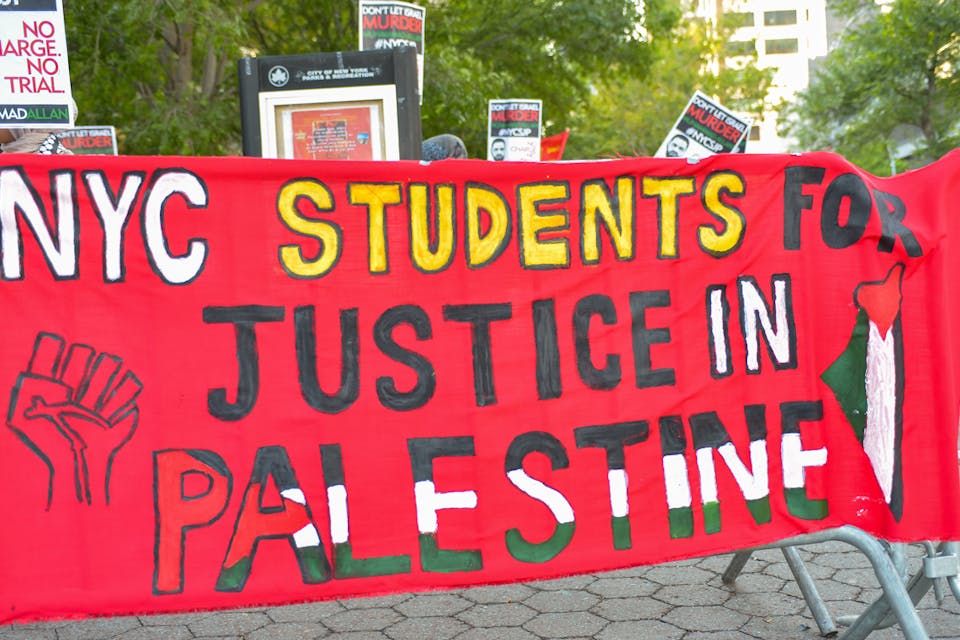
June 6, 2016
Is Anti-Zionism on Campus a Passing Nuisance, or a Fundamental Threat?
The answer might come down to how well America can resist the influence of European-style anti-Semitism.
“The subject is gloomy, but the food will be good—and the music spectacular.”
Thus, in late January, spoke Alvin Rosenfeld, a professor at Indiana University and director of its Institute for the Study of Contemporary Anti-Semitism. He was describing a four-day international scholars’ conference scheduled for late spring on the university’s Bloomington campus. In the event, the conference did not disappoint in its food, its music—or its gloom, which rose like a miasma from the days-long rehearsals of the varied and abundant forms of anti-Semitism, particularly in the form of anti-Zionism, in today’s world.
As if to reinforce the gravity of the occasion, the conference took place in the interval between the November 2015 terrorist massacres in Paris and the disclosure in April of the social-media posts by Naz Shah, a Labor member of the British parliament, advocating the forcible “relocation” of all Israeli Jews to America and the even greater uproar a month later over anti-Semitism among senior party leaders. Although the focus of the conference was mainly on Europe, both the academic setting and the topic, “Anti-Zionism, Anti-Semitism, and the Dynamics of Delegitimization,” inevitably launched attendees into the middle of an issue that many American Jews have strenuously tried to avoid: namely, the anti-Israel activity now rampaging through U.S. universities. Is this a fundamental threat, or a nasty but passing nuisance?